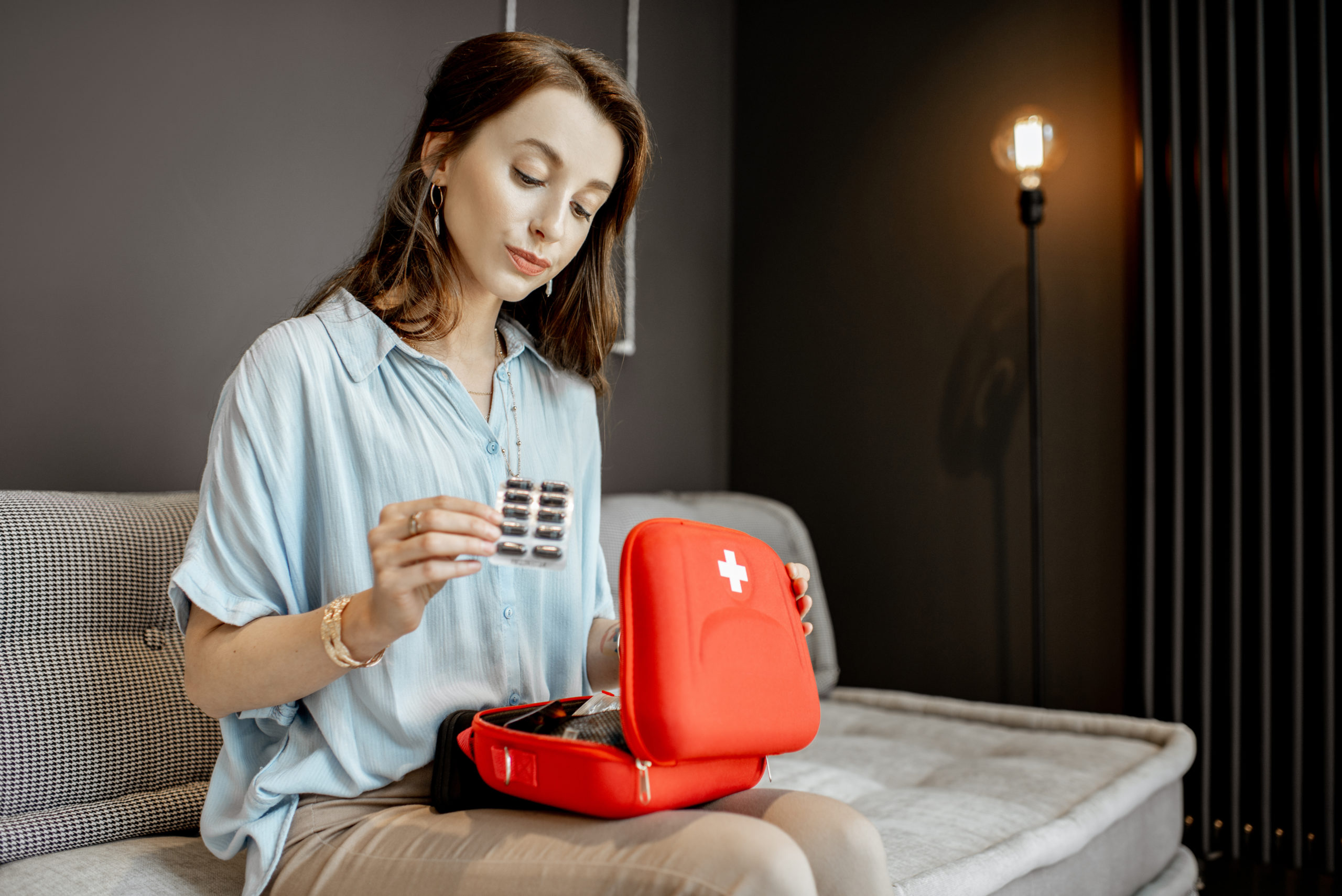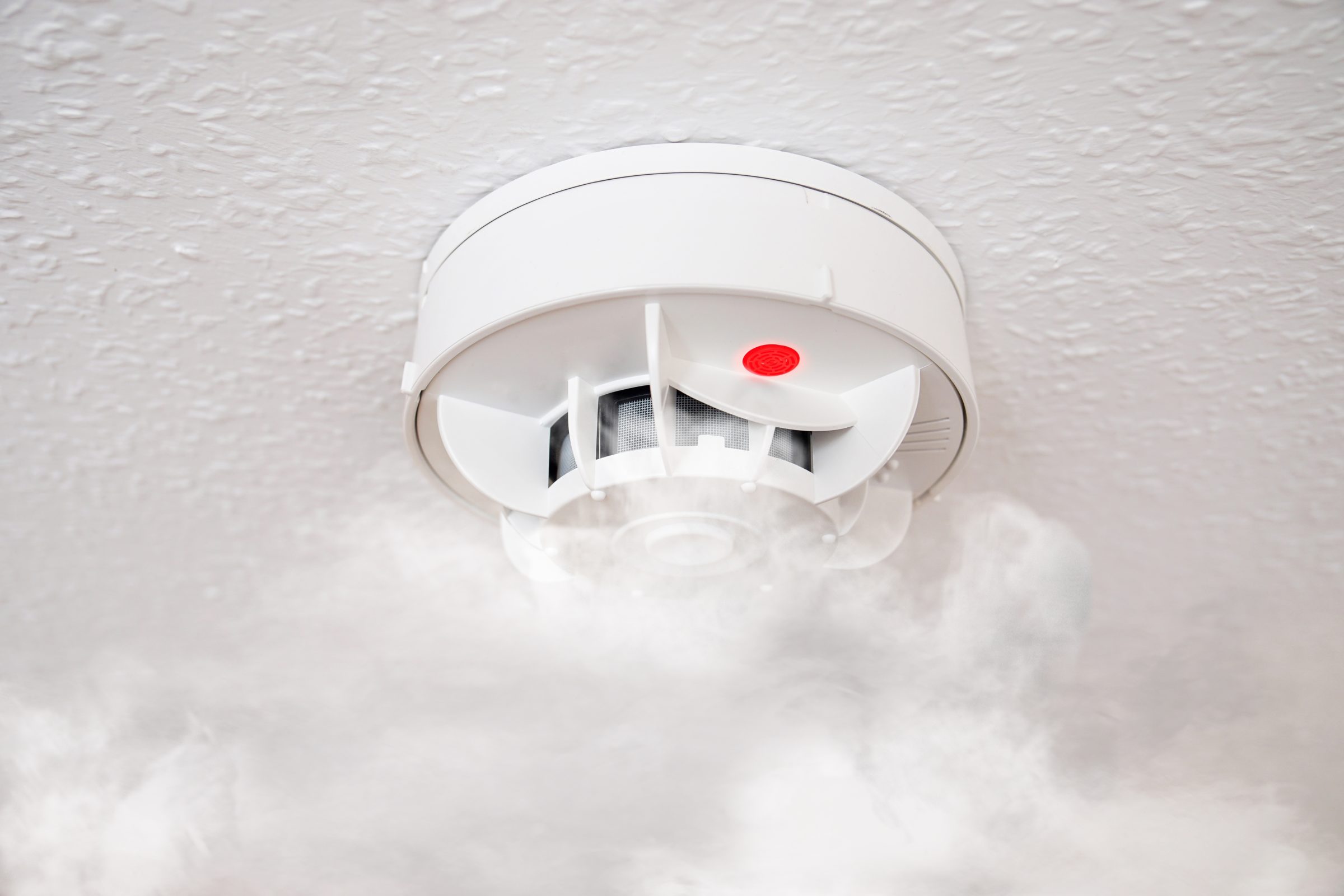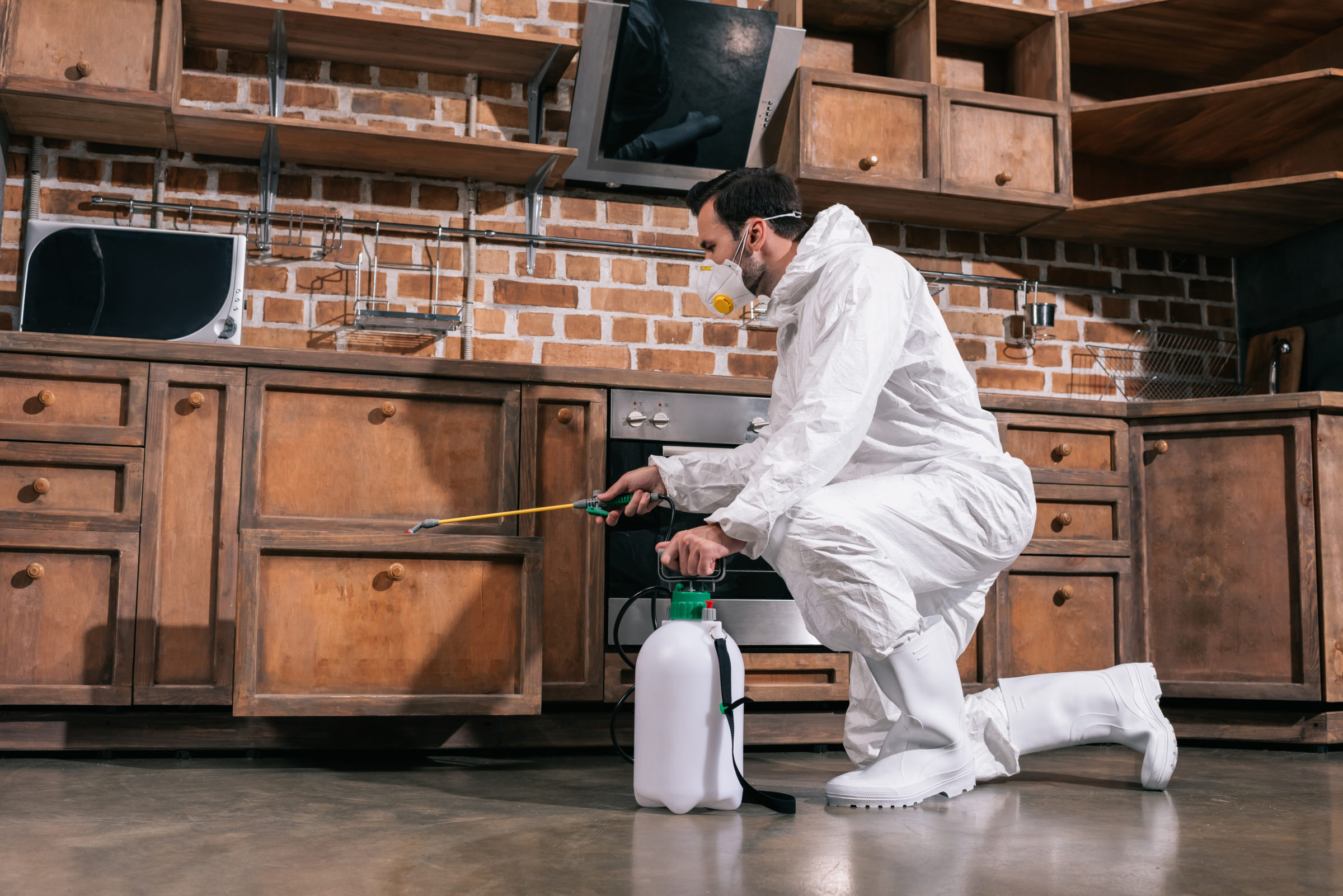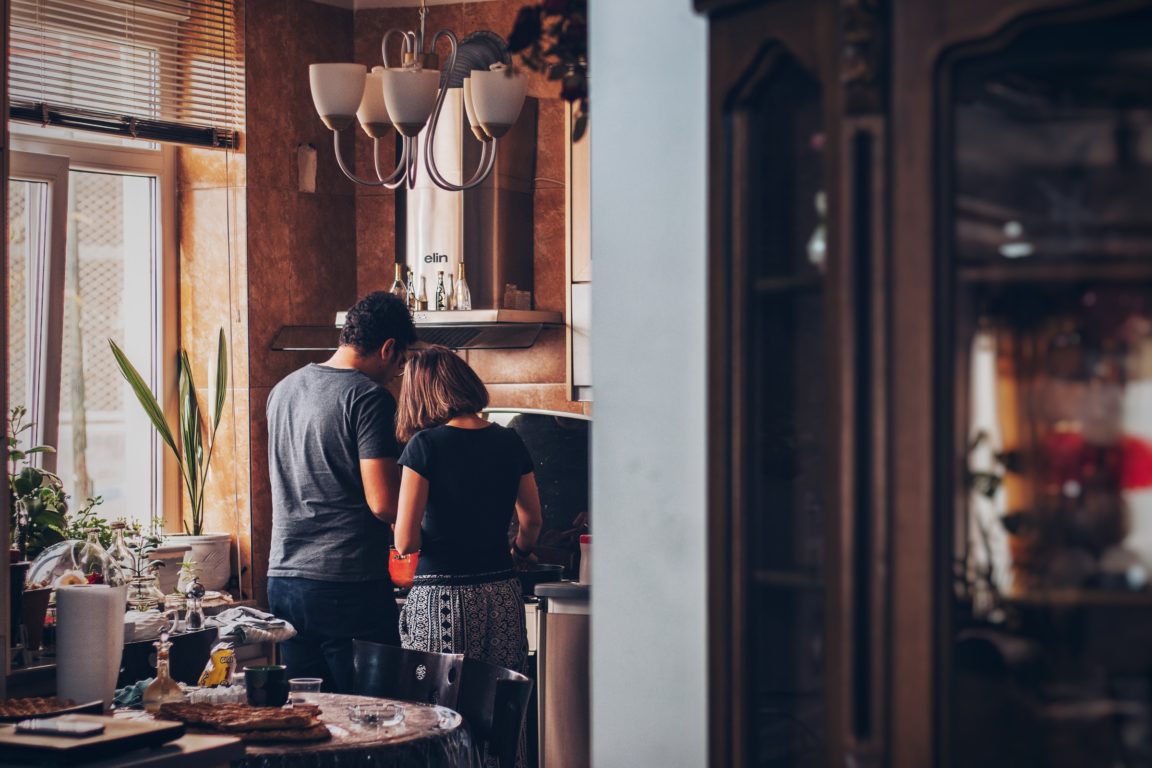Home is where you feel most comfortable and safe — at least it should be. That level of comfort starts with having the proper safety measures in place so your home is secure. Feeling safe helps make you feel as at home as possible.
Ready to make your home a safe haven? These seven safety precautions will leave you without a worry in the world, no matter what difficulty you end up facing.
1. Up-to-Date Medicine Cabinet
A medical emergency can happen to even the healthiest of individuals. Whether it’s an allergic reaction or a bad cut, and up-to-date medicine cabinet will keep you physically safe at home.
Having all the medications and health equipment you could possibly need will come in handy for unexpected illnesses and accidents. For example, no one expects to get stung by a bee. You should be prepared for it anyway, especially if you suffer from allergic reactions. A proper first aid kit allows you to keep health problems from worsening until a medical professional can take over.
You should also prioritize your sexual health in your home health plan. Keep emergency contraception handy in the event that it may be needed. You never know when a condom might break or you’ll forget your regular pills two days in a row. Having something available for those instances will give you peace of mind.

2. Home Security System
It is estimated that over 3,000 burglaries occur in the United States on any given day. That’s a pretty shocking statistic. Despite this, only about a quarter of U.S. homes have any sort of security system in place.
Even adding one safety feature to your home can make a huge difference. Many Americans are opting for video doorbells as a way to monitor their front doors while they’re away. This alerts them to any suspicious activity. It also allows for audio communication with visitors. For example, you can speak directly to the UPS driver if you’re not home to sign for a package.
Other home security features to consider are motion-activated exterior lights, security cameras, and a door alarm you can set at night. The presence alone of this equipment is often enough to keep problems away.
3. Smoke Alarms
Keeping yourself and your property safe, while you are home, is also important. Smoke alarms are typically required to be installed in buildings, but it’s often up to the resident to manage the upkeep. You might be tempted to pull out the batteries when your alarm starts chirping. Replacing them is always the right choice — even if it requires an immediate trip to the store.
Carbon monoxide detectors are another addition you should consider making to your home. These alarms will alert you of any gas leak that you might not be able to detect on your own. This simple alarm can prevent potential life-threatening scenarios where carbon monoxide poisoning seeps in undetected.

4. Child Safety
If you have any young children, you’ll need to take some precautions on their behalf. Children are curious but also naive, and they can get hurt simply due to a lack of understanding.
Things like outlet covers and gates below the stairway might seem inconvenient, but they are often necessary for keeping toddlers safe. One shock or tumble will leave you filled with regret, so take the extra steps to prevent the unthinkable from happening. Cabinet locks might be a nuisance to you but will prevent young children from ingesting cleaning supplies without knowing any better.
Of course, one of the best forms of precaution as a parent or even a babysitter is cleanliness. A clean home has fewer safety concerns such as choking and tripping hazards. You’ll also know where everything is, especially dangerous materials such as matches and knives.
5. Pest Control
Burglars aren’t the only home invaders you need to worry about. Pests can ruin food supplies, pester you with bites and stings, and even compromise the integrity of your home. Safety precautions against critters and creepy crawlers are a must for every homeowner.
The type of pest control solutions you need will depend on where you live and the current season. Winter is a time to lay out mouse traps and bait for hibernating rodents in the basement. Summertime belongs to wasps, ants, and mosquitos that can be warded off with repellants and sprays.
You might not think that pests are a big enough concern to worry about. You’ll quickly change your tune if you find out your walls are filled with termites. As with all things regarding health and safety, it’s better to be safe than sorry.

6. Cybersecurity
The online world might not seem like a part of your home. But as long as you have an internet connection it should be a major concern. So much of life is digital today, with information being exchanged more freely than it probably should be. A broader digital presence also means more room for cybersecurity attacks.
Be careful about how you share personal information on your home network. Use different passwords for all your accounts and only submit information to verified sites and never more than you have to. Be particularly cautious about inputting credit card information over the internet where it can be swiped and your money was stolen.
A lot of cybersecurity has to do with your habits, but you can also install some firewalls and antivirus software to combat digital attacks. There are people throughout the web that will use your information for nefarious reasons. Don’t give them the opportunity to do so.
7. Emergency Preparedness
What happens if your power goes out for days at a time, or if you get snowed in for a full week? While these scenarios are unlikely, they’re never impossible, especially with the rate of extreme weather happening around the world today. You should be prepared for even the craziest of circumstances.
Investing in a power generator, food storage, and drums of water will only make you look crazy until your supplies are actually needed. If you live in an area frequented by storms, tornados, or earthquakes, you should get geared up sooner rather than later.
Taking safety precautions is all about preparing for the worst while expecting the best. Life doesn’t always have to be dangerous and worrisome. You just don’t want to be caught off guard when something unfortunate does happen.





